GCAL attorneys serve diverse needs in adoption law and assisted reproduction law; below are descriptions of some of the main practice areas.
Assisted Reproduction
Assisted reproductive technology (ART) includes the use of modern techniques such as in vitro fertilization; intrauterine insemination; egg, sperm, or embryo donation; and surrogacy as a means of family building. Attorneys providing counsel in this area may offer assistance with reviewing and drafting ART contracts as well as with obtaining parentage or adoption orders.
Birth Parent Representation
While much public focus in the adoption arena is on adoptive parents and adopted children, the adoption triad would be incomplete without birth parents. Many attorneys provide counsel to birth parents on issues such as finding a suitable adoptive placement in an independent adoption or working with a state or private agency for an agency placement. Some attorneys may also review surrender documents, assist with the negotiation of open adoption agreements, or provide representation in contested adoption matters.
Contested Adoption
In cases where birth parents do not consent to an adoption or where other family members wish to object to an adoption, the person contesting the adoption may bring legal action to frustrate or prevent the adoption placement. In these circumstances, attorneys may provide representation and counsel at the trial level, at the appellate level, or both.
Domestic Adoption
Domestic adoption is the adoption of a child from the United States and includes several types of adoption allowed under Georgia law: relative, stepparent, private agency, public agency/DFCS, independent, and adult.
Guardianship
Guardianship provides a legal relationship between a caregiver and child without termination of parental rights. Caregivers with guardianship have decisionmaking authority for the children in their care, may obtain medical treatment for the children, may apply for public assistance benefits for the children, and may receive child support payments from the children’s parents. Guardianships are granted by Probate Courts or Juvenile Courts, and attorneys may assist with guardianship proceedings in either court system.
Intercountry Adoption
Intercountry adoption is the adoption of children from countries other than the United States, including children who are resident in the United States but citizens of another country. In some intercountry adoptions, the adoption process is completed in the child’s country of origin, and the adoptive parents domesticate the foreign adoption (often referred to as a “re-adoption”) in Georgia. In other intercountry adoptions, the adoption process is completed in a Georgia Superior Court after the adoptive family obtains custody or guardianship in the child’s country of origin, and may involve significant immigration issues. Intercountry adoption includes adoptions subject to the Hague Convention as well as those not subject to the Convention.
Interstate (ICPC) Adoption
When a child crosses state lines for the purpose of adoption, the adoption usually must comply with the provisions of the Interstate Compact on the Placement of Children (ICPC). The exact ICPC requirements vary depending on the states involved and whether the child is coming to or leaving from Georgia to be adopted.
Juvenile Court (Foster Care to Adopt)
Many children begin their adoption journeys in the child welfare system. Attorneys who practice in this area assist adoptive parents with navigating the Juvenile Court and child welfare systems in both foster-to-adopt situations and adoption-only placements. These attorneys may also assist with termination of parental rights, custody, or guardianship in the Juvenile Court system as well as with finalization of an adoption in the Superior Court system.
LGBT Representation
Lesbian, Gay, Bisexual and Transgendered clients have unique issues within the subcategory of adoption and assisted reproductive technology law. Attorneys who practice in this area routinely assist LGBT clients with foster care, guardianships, adoptions, and issues related to assisted reproductive technology (donor agreements, surrogacy, and pre-birth parentage orders).
Mediation
In any type of adoption matter, mediation may be required to resolve issues among the parties – adoptive parents, birth parents, objecting relatives, and older children. During mediation, all sides to a dispute meet with a neutral mediator to attempt resolution of as many issues as possible. Mediation may or may not be binding on the parties, depending on the circumstances.
Special Needs Children
Special needs children include children who have lingered in foster care and children who are members of sibling groups as well as those children who have disabilities. Families often need special assistance with negotiating Title IV-E adoption assistance benefits for such children, with appealing negative SSI determinations for such children, or with obtaining post-adoption services.
